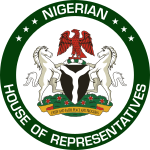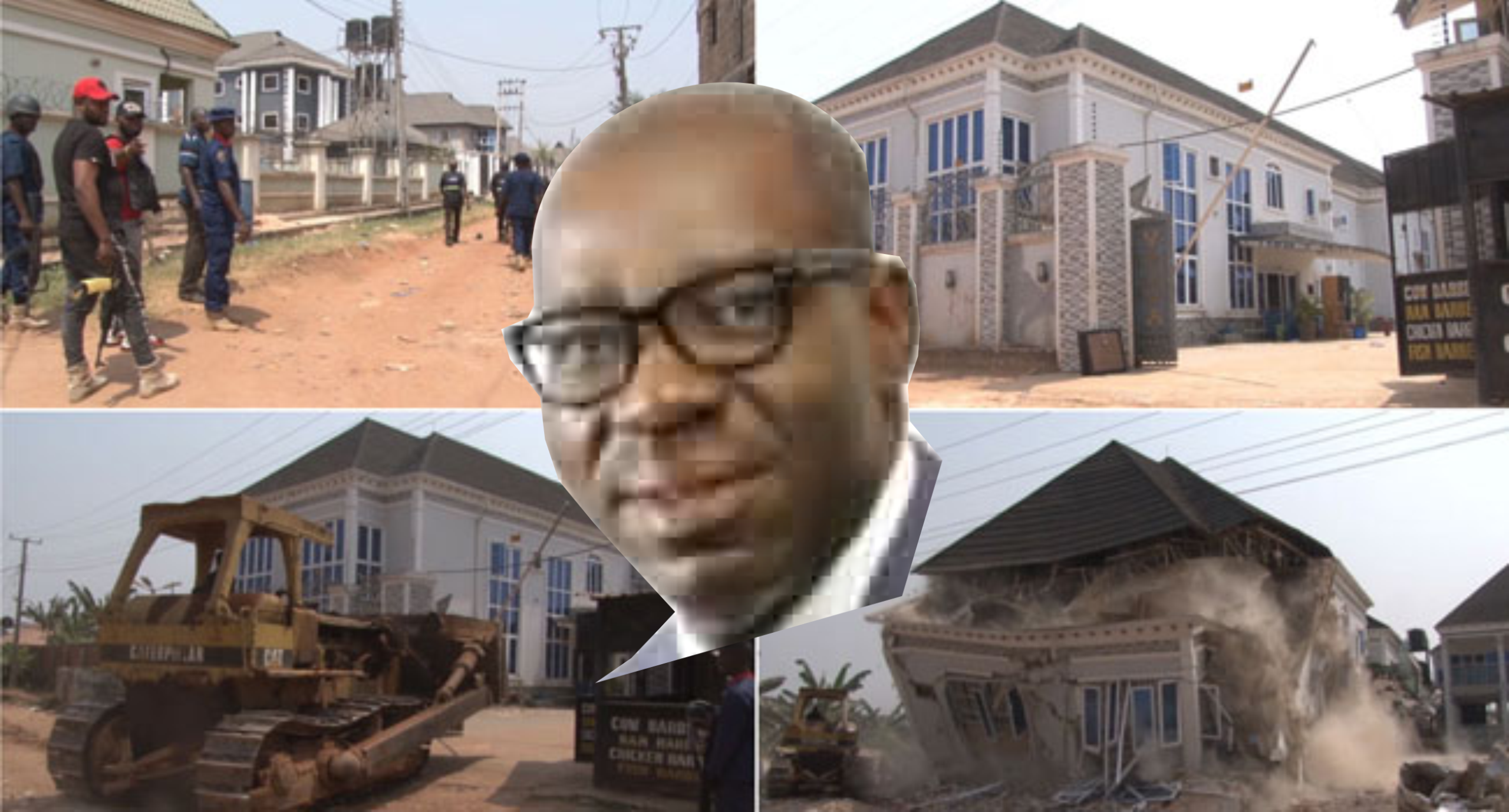The House of Representatives has urged the Central Bank of Nigeria (CBN) to put on hold, plan to retire 1,000 of its staff pending its investigation into the exercise, saying action has a dire consequence on the nation’s economy.
It also agreed to set up an Ad-hoc Committee to investigate the planned retirement exercise.
The committee is expected to find out the criteria, process and legality of the planned retirement, as well as engage with the CBN management to evaluate the likely impact of the exercise on the country’s financial sector.
The panel was equally saddled with the responsibility to examine the N50 billion reportedly earmarked as pay off for those to be affected by the exercise to “ensure transparency, accountability, and proper utilisation of funds”, and report back to the House in four weeks for further legislative actions.
The House also implored the Federal Ministry of Labour and Employment to ensure that the rights of all affected staff are protected in accordance with Nigerian labour laws. This followed the adoption of a motion by a member representing Ohaozara/ Onicha/Ivo Federal Constituency of Ebonyi State, Nkemkamma Kama.
Kama, in his motion, drew the attention of the House to media reports indicating that the apex bank plans to retire over 1,000 of its staff across various cadres as part of its restructuring programme.
The lawmaker pointed to the CBN’s announcement of a N50 billion payoff scheme to compensate the affected staff, as part of its human resource reorganisation strategy, with claims that the process will ensure fairness and equity.
Nevertheless, he expressed concern that “the sudden mass retirement of over 1,000 staff, including directors and senior management, raises critical questions about the criteria for selection, transparency, and adherence to due process in line with public service guidelines and labour laws.”
Besides, the lawmaker argued that “such a significant decision has socio-economic implications for the affected individuals, their dependants and the broader economy, potentially leading to increased unemployment and public dissatisfaction.
“The reported payoff scheme amounting to N50 billion may lack sufficient accountability and oversight mechanisms, posing risks of mismanagement and abuse of public funds in a sector vital to Nigeria’s financial stability”, Kama said.




8udw2k
you have a great blog here! would you like to make some invite posts on my blog?
Your article helped me a lot, is there any more related content? Thanks! https://www.binance.com/ph/register?ref=IU36GZC4
Nền tảng slot365 xx vip không chỉ là nơi cung cấp dịch vụ cá cược mà còn là điểm đến lý tưởng để giải trí và kiếm thưởng. Với giao diện thân thiện, hệ thống bảo mật tiên tiến và dịch vụ hỗ trợ 24/7, đảm bảo mang lại trải nghiệm mượt mà, an toàn và công bằng. Để bắt đầu, trang web chính thức, nơi cung cấp đầy đủ các dịch vụ và thông tin cần thiết.
slot365 link sở hữu kho game phong phú với hơn 500 trò chơi được phát triển bởi các nhà cung cấp hàng đầu như Evolution Gaming, Microgaming và NetEnt. Điều này đảm bảo chất lượng đồ họa sắc nét và trải nghiệm chơi game mượt mà trên mọi thiết bị.
Thank you for the good writeup. It in fact was a entertainment account it. Look advanced to far brought agreeable from you! By the way, how can we keep in touch?
hello there and thank you for your information – I’ve definitely picked up anything new from right here. I did however expertise a few technical issues using this site, since I experienced to reload the website a lot of times previous to I could get it to load correctly. I had been wondering if your web hosting is OK? Not that I’m complaining, but slow loading instances times will very frequently affect your placement in google and could damage your high-quality score if advertising and marketing with Adwords. Anyway I’m adding this RSS to my email and can look out for a lot more of your respective interesting content. Ensure that you update this again very soon..
I’ve been absent for some time, but now I remember why I used to love this blog. Thanks , I will try and check back more often. How frequently you update your site?
I don’t think the title of your article matches the content lol. Just kidding, mainly because I had some doubts after reading the article.
Hi there! Someone in my Facebook group shared this site with us so I came to look it over. I’m definitely enjoying the information. I’m bookmarking and will be tweeting this to my followers! Terrific blog and terrific design.
You are my intake, I possess few blogs and very sporadically run out from brand :). “Fiat justitia et pereat mundus.Let justice be done, though the world perish.” by Ferdinand I.
xudfehkrrjtvgrmlvehtdvxfnzigsl
I love your blog.. very nice colors & theme. Did you design this website yourself or did you hire someone to do it for you? Plz respond as I’m looking to design my own blog and would like to find out where u got this from. many thanks
F*ckin¦ amazing issues here. I¦m very satisfied to peer your article. Thanks so much and i’m having a look forward to touch you. Will you please drop me a e-mail?
Some truly great information, Gladiolus I noticed this. “We protest against unjust criticism, but we accept unearned applause.” by Jose Narosky.
Someone essentially help to make seriously posts I would state. This is the first time I frequented your website page and thus far? I amazed with the research you made to create this particular publish amazing. Great job!
Right now it sounds like Drupal is the top blogging platform out there right now.
(from what I’ve read) Is that what you’re using on your blog?
Good day! This is my first visit to your blog! We are a collection of volunteers and starting a new project in a community in the same niche.
Your blog provided us useful information to work on. You have done
a extraordinary job!
I for all time emailed this website post page to all my contacts, as if like to read it next my links will
too.
Hello! This is kind of off topic but I need some help
from an established blog. Is it difficult to set up your own blog?
I’m not very techincal but I can figure things out pretty quick.
I’m thinking about making my own but I’m not sure where to start.
Do you have any points or suggestions? Thank you
What’s up, its nice piece of writing on the topic of media
print, we all be familiar with media is a great source of facts.
Hey There. I found your blog the use of msn. This is
an extremely neatly written article. I will make sure to bookmark it and return to learn more of your useful info.
Thank you for the post. I will definitely comeback.
After all, what a great site and informative posts, I will upload inbound link – bookmark this web site? Regards, Reader.
Awsome post and straight to the point. I don’t know if this is actually the best place to ask but do you guys have any thoughts on where to get some professional writers? Thx 🙂